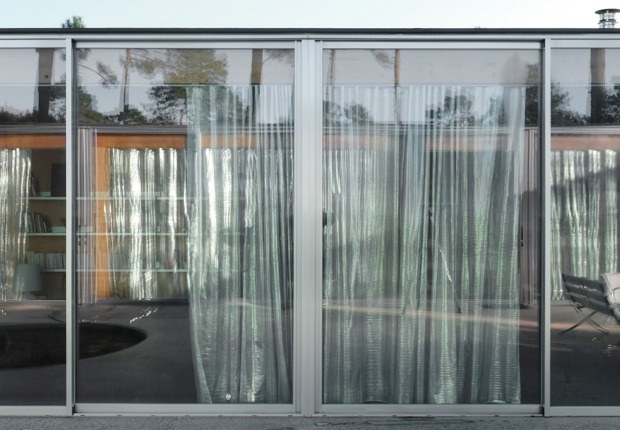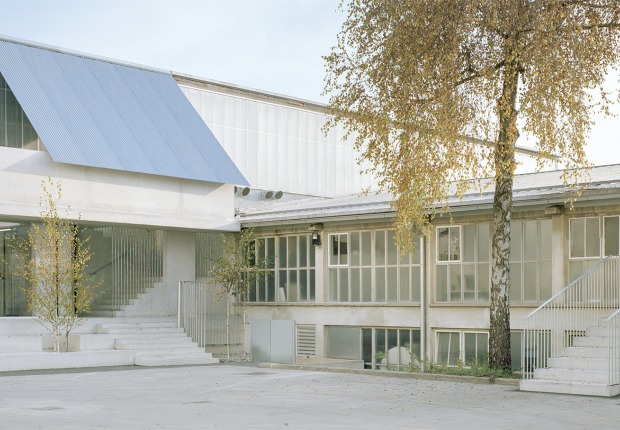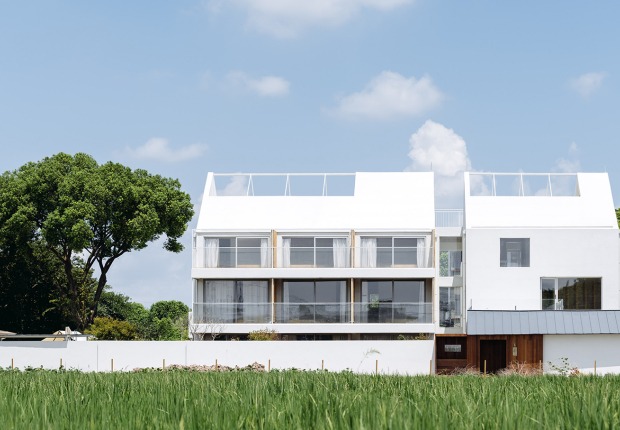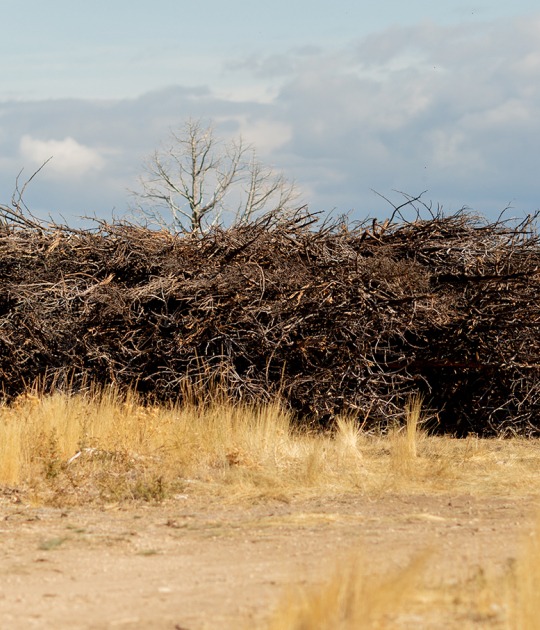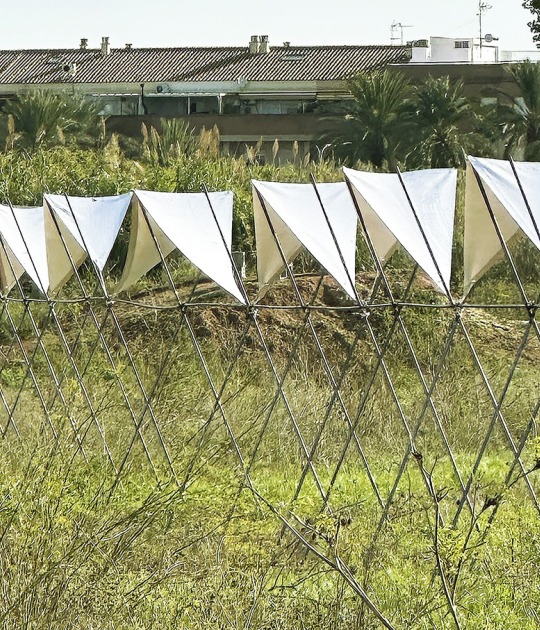The idea of the project is a dialogue and confrontation of experience, theory, education and practice from many places, which will make it possible to look at the countryside with a fresh eye.
Description of project by PROLOG+1
Trouble in Paradise, or the future of the world is up to the countryside. It could be a paradise on earth, a dream place to live, but it is marginalised, excluded and isolated. In architecture, the countryside is an inconvenient, ‘other’ area, misunderstood and unexplored.
Meanwhile, the collective puts the countryside at the centre of attention of the Trouble in Paradise exhibition and wants to look there for solutions and possibilities in the context of global problems. The authors of the project will show that in times of growing local and global crises, rural areas are an important element of building sustainable human environments.
The exhibition in the Polish Pavilion during the 17th International Architecture Exhibition in Venice, organised by Zachęta — National Gallery of Art, will open on 29 August.
The smoke of burning forests still hovers over Australia. The spectre of the problems brought about by the climate crisis is just gathering over Poland and other countries. Architects are used to looking at environmental, social, political, economic and housing problems from the perspective of a city whose mechanisms they understand, describe and analyse.
Meanwhile, PROLOG+1 is part of a trend initiated in recent years, in which architects and researchers focus on ‘everything that is not a city’. Like Pritzker Prize winner Rem Koolhaas or British curator Adam Sutherland, the creators of the exhibition in the Polish Pavilion propose to look for solutions to global problems in new ways of organizing rural areas and to examine the forces and processes that govern them, not yet recognised by architects. They are convinced that the future of the world depends on the countryside and that cities cannot exist without it.
Within the exhibition, PROLOG +1 treats the countryside as an independent area of research. It sees it as a product of planned social, spatial and political experiments of the state. The case study of Poland — a country in which 93 per cent of the area is rural — becomes an instrument for understanding the specificity of post-socialist Europe and makes it possible to identify problems on a global scale.
The method adopted to understand what the countryside is an analysis of its territory, settlement and home — the three areas on which the authors of the exhibition focused their interest. The sharing of goods, land ownership, spatial planning and ways of working and living together are universal regardless of the place. The rural landscape is subject to the forces of capital, the number of inhabitants working on the land is decreasing, and the percentage of settlers from cities is increasing.
There is a lack of vision for working in the countryside and ideas for living in an environment where economic forces are creating a new landscape. The idea of the project is a dialogue and confrontation of experience, theory, education and practice from many places, which will make it possible to look at the countryside with a fresh eye.
That is why PROLOG +1 has invited the collaboration of a group of architects from Europe, which will bring to the exhibition a multifaceted view of the countryside through the prism of territory, settlement and home.
‘In the context of widening political divides and growing economic inequalities, we call on architects to imagine spaces in which we can generously live together: together as human beings . . . and together as a planet facing crises that require global action for us to continue living at all.’
Hashim Sarkis, curator general of the biennial.
PROLOG +1 looks for answers outside the city, offering an attempt to define alternative ways of working and living and looking for common goods — what we can use together without any restrictions.



